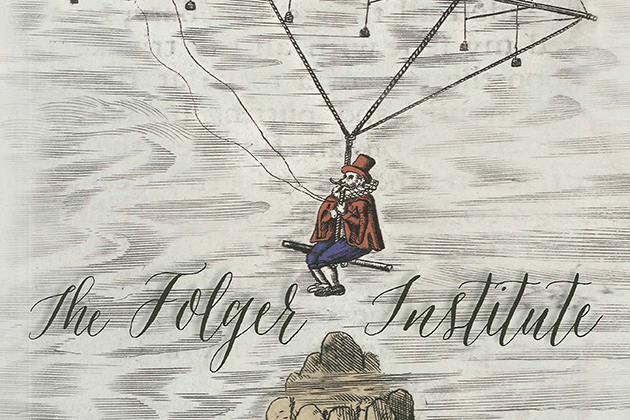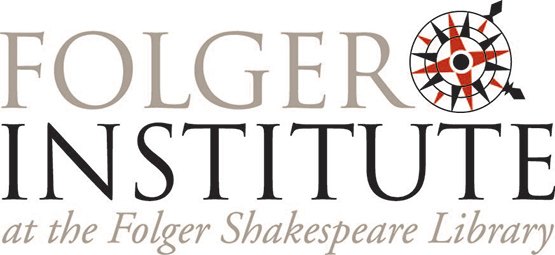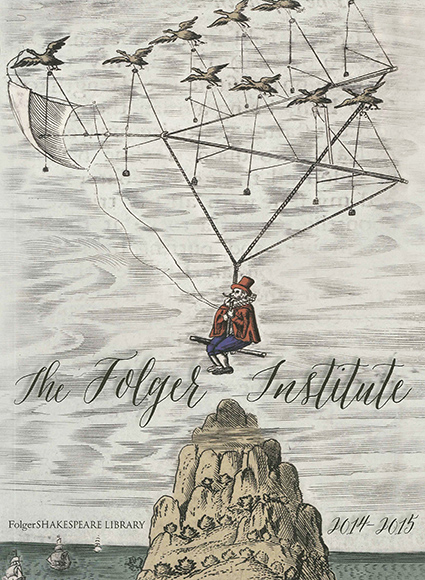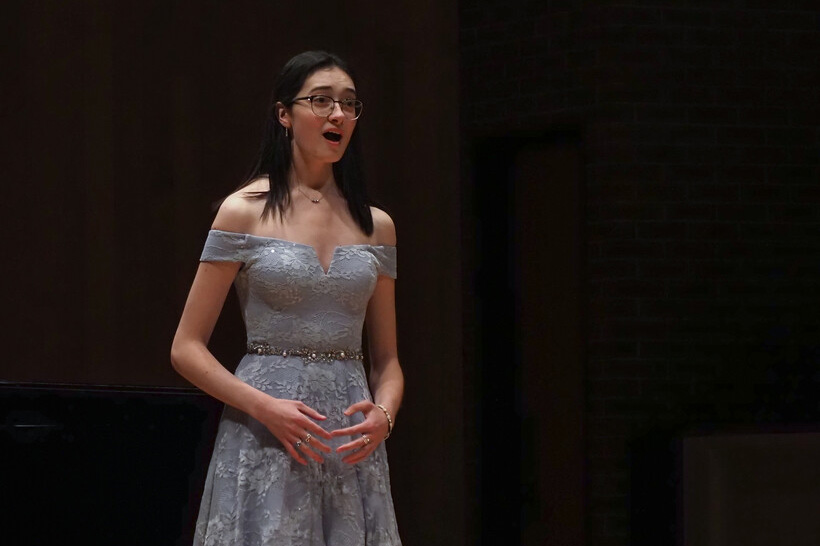The University of Connecticut has been invited to join the Folger Institute’s consortium of more than 40 college and university members. The Folger Institute is a center for advanced study and collections-focused research in the humanities at the Folger Shakespeare Library in Washington, D.C.
The consortium currently comprises some of the most prestigious academic institutions in North America and the United Kingdom – only a third of which are public. These include the University of Maryland, University of North Carolina at Chapel Hill, The Ohio State University, Pennsylvania State University, and the University of Virginia. The consortium sponsors scholarly programs at the Institute.
“Being asked to join the consortium is a recognition of the strength of scholarship in the Medieval, Renaissance, and early modern periods at UConn,” says Shirley Roe, associate dean for humanities in the College of Liberal Arts and Sciences.
The Institute’s scholarly programs provide researchers with guided access to the Folger Shakespeare Library, which is home to one of the world’s largest collections of Shakespeare materials and other major collections of rare books, manuscripts, and works of art.
Consortium members receive priority admission to the Folger Institute’s highly competitive annual series of advanced seminars, workshops, and colloquia for faculty and graduate students. They are also eligible for tuition waivers and grants-in-aid to cover program expenses.
“The consortium includes the best Renaissance studies programs in the country, and their best students are being encouraged to apply,” says Gregory Semenza, an associate professor of English at UConn who participated in a Folger Institute seminar as a first-year Ph.D. student. “People who participate in these programs say that it changes their lives dramatically, essentially impacting their careers and their connections with other people in the field.”
Semenza notes that the library houses some of the most important historical documents in the world, including 82 copies of Shakespeare’s First Folio – the first collected edition of 36 plays by William Shakespeare, published after his death in 1623.
“It gives us first-hand access to materials that cannot be reproduced in digital formats,” he says.
To promote the consortium’s benefits on campus, UConn has formed a committee that will vet applications to Folger Institute programs in Washington, D.C., and plan Institute-affiliated guest lectures, seminars, and other events on the Storrs campus. The committee is housed in the Humanities Institute, and consists of representatives from several departments in the College of Liberal Arts and Sciences and School of Fine Arts.
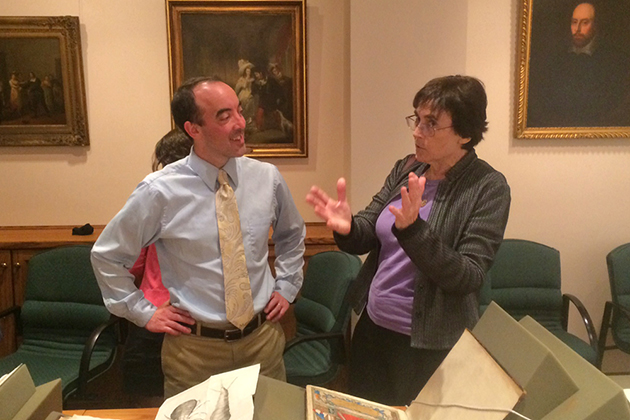
Associate professor of history and associate director of the Humanities Institute Brendan Kane is serving as the first chair of the campus committee and UConn’s representative to the Folger Institute Consortium Central Executive Committee. He says that having an overarching center for humanities at UConn is vital for encouraging participation across departments.
“This connection with the Folger Institute will enrich the intellectual life at UConn, and supports not just our programs in English, history, and literatures, but also digital humanities, art, drama, and music,” he says.
Kane, who curated an exhibit at the Folger Shakespeare Library in 2013 titled “Nobility and Newcomers in Renaissance Ireland,” is one of several scholars from UConn who have recently established working relationships with the Folger Institute.
This past year, Kenneth Gouwens, associate professor of history, and Hilary Bogert-Winkler, a Ph.D. student in history specializing in mid-17th century England, both spent time at the Folger Shakespeare Library – the former as a Residential Research Fellow and the latter in a year-long dissertation seminar.
The executive director of the Folger Institute, Kathleen Lynch, says previous relationships with individual scholars from UConn were crucial to establishing a formal partnership between the two institutions.
“We are especially pleased that this association in turn creates opportunities for more UConn faculty and graduate student initiations into the Folger research community,” she says.
Kane says that having access to this research community is important for generating world-class research surrounding “a crucial couple of centuries” that include “the Renaissance, the Reformation, imperial expansion, the Scientific Revolution, and the rise of the state, religious tolerance, and modern economic systems.”
Semenza adds that membership in the Folger Institute consortium strengthens the entire spectrum of humanities offerings at UConn.
“Much of the focus now is on subjects like digital humanities and human rights, which have more obvious connections to more modern periods of history,” he says. “It is easy to overlook earlier periods as a result, but if you invest in your foundational histories and literatures, there are huge payoffs.”
